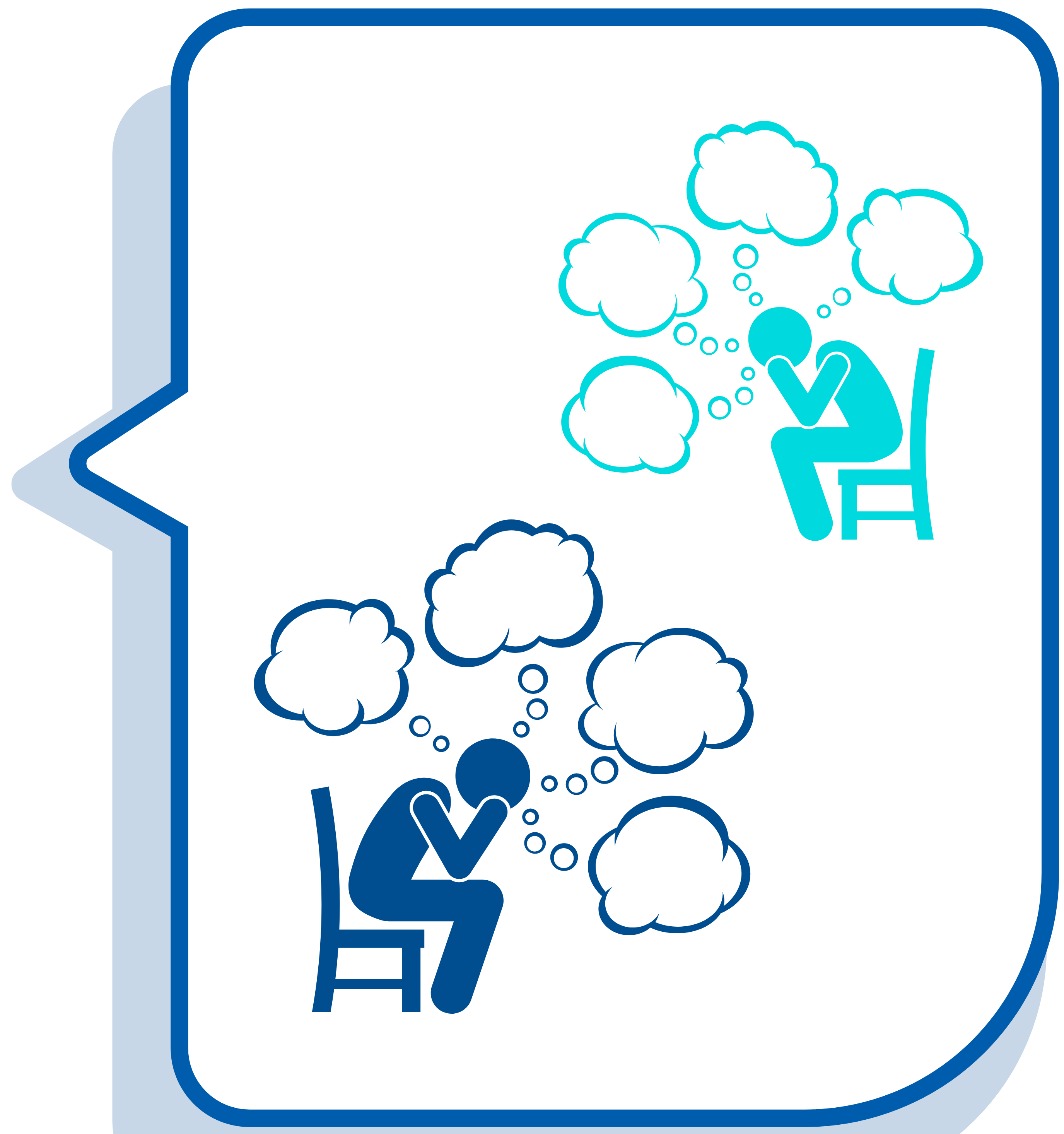Mental Health and Suicide Statistics
Mental health challenges are a growing concern for teens and young adults. Suicide rates among young people have also increased over the past decade.
Below, find up-to-date statistics about these issues and the populations most at risk.
We must do more. Join JED in our commitment to helping our nation’s youth thrive: Donate today to support our ongoing efforts to conduct independent research, expand our free resources, and bring evidence-based programs to more high schools, districts, and colleges.
*Updated as of 3/28/2024

Mental Health Statistics
- 12.6 million people between the ages of 18 and 25 experienced a mental, behavioral, or emotional health issue in the past year. This amounts to 1 in 3 (36.2%) young adults, a percentage that is higher than any other adult age range. This rate has increased significantly over the past several years (from 22.1% in 2016). (SAMHSA, 2023)
- 19.5% of teens aged 12 to 17 had a major depressive episode in the past year. (SAMHSA, 2023)
- 42% of high school students reported feelings of sadness or hopelessness in the past year. This percentage is higher for females (57%), Hispanic students (46%), multiracial students (49%), and lesbian, gay or bisexual students (69%) (CDC, 2023)
- Among college students, 36% have been diagnosed with anxiety and 30% have been diagnosed with depression (Healthy Minds Study, 2023)

Suicide Rates
- Suicide is the second-leading cause of death for teens and young adults, ages 10-34 (CDC, 2023).
- 13.6% of adults 18-25 had serious thoughts of suicide in the past year ((SAMHSA, 2023).
- 22% of high school students reported having seriously considered suicide in the past year. This percentage is highest among females (30%), American Indians/Alaska Natives (27%), and lesbian, gay, or bisexual teens (45%) (CDC, 2023).
- 10% of high school students attempted suicide in the past year. This percentage is highest among females (13%), American Indians/Alaska Natives (16%), black teens (14%), and lesbian, gay, or bisexual teens (22%) (CDC, 2023).
Youth Suicide:
Current Trends and the Path to Prevention
Download JED’s report on the state of youth mental health and suicide.
You’ll learn abou the complex factors affecting youth suicide rates, which groups of youth are most at risk, and nine essential steps to lowering suicide risk among all youth.
Can the Metaverse Be Good for Youth Mental Health?
Explore JED’s report on youth-centered strategies for ensuring and enhancing the mental health and safety of young people in the metaverse. You’ll find actionable guidance for fostering a digital ecosystem that centers the rights and well-being of youth, grounded in a robust literature review and the deep engagement of an interdisciplinary Advisory Board of experts and a diverse cross-section of young people.
More Support is Needed
Not enough young people are getting support for their mental health: 42.7% of young adults aged 18 to 25 perceived an unmet need for mental health services (SAMHSA, 2021). While 72% of LGBTQ+ teens and young adults desired professional counseling, only 32% received these services (The Jed Foundation, 2021).
Schools should do more to support student mental health and suicide prevention. Today, 91% of school administrators feel that schools should make efforts to prevent suicide among students. Similarly, 92% believe that schools should make efforts to identify high school students in need of mental health services (The Jed Foundation, 2020).
JED is Here to Help
Learn more about our Comprehensive Approach to Mental Health Promotion and Suicide Prevention, and we use the evidence-based model to assess strengths and areas for improvement with colleges, districts, and high schools.
Learn about how your school can sign up for our JED Higher Education and JED High School programs. For more resources, check out our Mental Health Resource Center.


